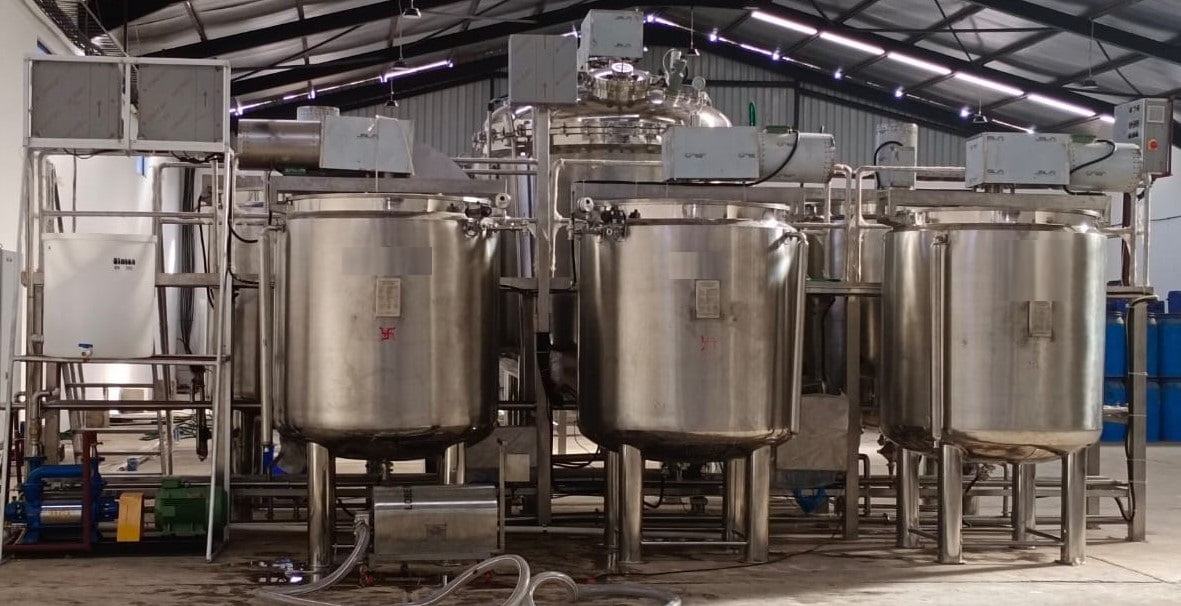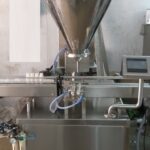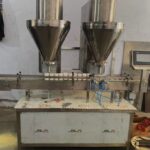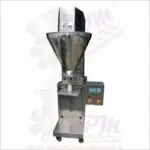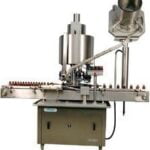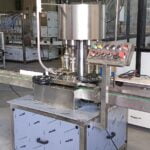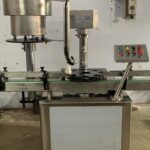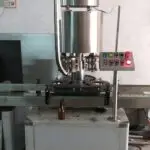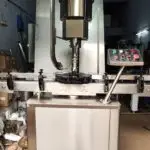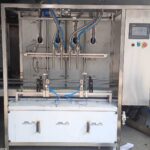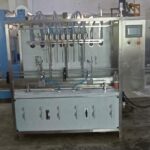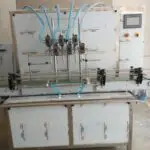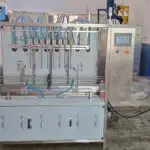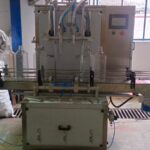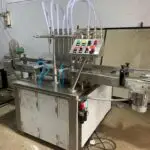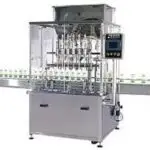Liquid Manufacturing Plant: Specifications and Technical Details
A liquid manufacturing plant is a facility designed for the production, processing, and packaging of various liquid products. These products range from beverages and pharmaceuticals to chemicals and industrial liquids. A well-designed liquid manufacturing plant ensures efficient production, quality control, and compliance with industry standards. This article provides a comprehensive overview of the specifications and technical details of a state-of-the-art liquid manufacturing plant
1. Raw Material Handling System
- Storage Tanks: Stainless steel tanks for storing raw materials such as water, chemicals, and other liquid ingredients. These tanks are equipped with sensors for monitoring levels and quality.
- Pumps and Pipelines: High-efficiency pumps and corrosion-resistant pipelines for transporting raw materials to various processing units.
2. Mixing and Blending Equipment
- Mixers and Agitators: High-speed mixers and agitators to ensure thorough blending of ingredients. These devices are designed to handle different viscosities and achieve a homogeneous mixture.
- Blending Tanks: Insulated tanks with precise temperature control to facilitate the mixing process and maintain the quality of the final product.
3. Heating and Cooling Systems
- Heat Exchangers: Efficient heat exchangers to regulate the temperature of liquids during processing. This includes both plate and tubular heat exchangers for various applications.
- Cooling Towers and Chillers: Advanced cooling systems to maintain optimal temperatures for sensitive liquid products, ensuring their stability and quality.
4. Filtration and Purification Units
- Microfiltration and Ultrafiltration Systems: These systems remove impurities and ensure the purity of the final product, especially critical for pharmaceutical and beverage industries.
- Reverse Osmosis (RO) Systems: Used for water purification, ensuring high-quality water for production processes.
5. Filling and Packaging Lines
- Automated Filling Machines: High-speed filling machines that handle various container sizes and types, including bottles, cans, and drums. These machines ensure precise filling to avoid spillage and wastage.
- Capping and Sealing Equipment: Automated systems for capping and sealing containers to maintain product integrity and prevent contamination.
- Labeling and Coding Systems: Integrated labeling and coding systems for product identification and traceability.
6. Quality Control and Testing Laboratories
- In-line Quality Control Systems: Real-time monitoring systems integrated into the production line to ensure consistent product quality.
- Analytical Laboratories: Equipped with advanced analytical instruments like HPLC, GC-MS, and spectrophotometers for rigorous testing of raw materials and final products.
7. Utility Systems
- Compressed Air Systems: Provide clean and dry compressed air for various pneumatic operations in the plant.
- Water Treatment Plants: Ensure a consistent supply of treated water for production and cleaning purposes.
- Steam and Condensate Systems: Efficient steam generation and condensate recovery systems for heating processes.
A. Production Capacity
- Small-Scale Plants: 1,000 to 10,000 liters per day.
- Medium-Scale Plants: 10,000 to 50,000 liters per day.
- Large-Scale Plants: Over 50,000 liters per day.
B. Material of Construction
- Stainless Steel (304/316): Preferred for all contact parts due to its corrosion resistance and ease of cleaning.
- Polypropylene and PVC: Used for non-contact parts and certain chemical handling applications.
C. Automation and Control
- PLC and SCADA Systems: Programmable Logic Controllers (PLC) and Supervisory Control and Data Acquisition (SCADA) systems for full automation and real-time monitoring of the entire production process.
- Human-Machine Interface (HMI): Touchscreen interfaces for easy operation and monitoring by plant personnel.
D. Compliance and Standards
- GMP and FDA Compliance: Adherence to Good Manufacturing Practices (GMP) and FDA regulations, particularly crucial for pharmaceutical and food & beverage industries.
- ISO Certifications: Implementation of ISO 9001 for quality management systems and ISO 14001 for environmental management systems.
A liquid manufacturing plant is a sophisticated facility that combines advanced technology, strict quality control, and efficient processes to produce high-quality liquid products. By understanding the key components, technical specifications, and industry standards, businesses can optimize their liquid manufacturing operations. Investing in a modern liquid manufacturing plant not only boosts production efficiency but also ensures compliance with regulatory requirements and enhances product quality.
For businesses looking to stay ahead in the competitive landscape, adopting state-of-the-art equipment and processes in their liquid manufacturing plant is essential. This comprehensive guide serves as a valuable resource for understanding the critical aspects of designing and operating a successful liquid manufacturing plant.
Related Category:
- Liquid manufacturing plant cost.
- Liquid manufacturing plant in India.
- Oral liquid manufacturing plant.
- liquid manufacturing companies.
- liquid manufacturing in the pharmaceutical industry.
- liquid oral manufacturing plant layout.
- oral liquid manufacturing process pdf.
- oral liquid manufacturing process flow chart
Our Product:
Thank you for Connecting
May I Help You
Any questions related to Syrup Manufacturing Plant?
WhatsApp Us
🟢 Online | Privacy policy

